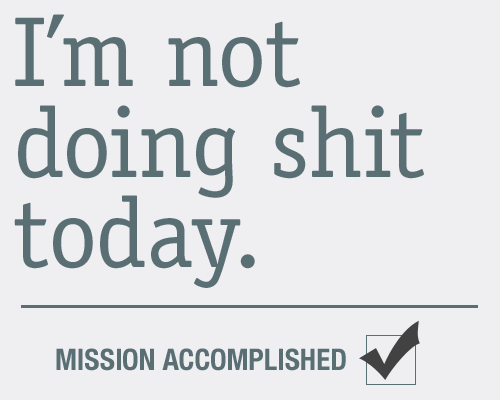
Trust a liberal to come up with some nightmarishly elaborate techological scheme for controlling people's lives. Here's the latest:
Democratic leaders have proposed requiring every worker in the nation to carry a national identification card with biometric information, such as a fingerprint....
The national ID program would be titled the Believe System, an acronym for Biometric Enrollment, Locally stored Information and Electronic Verification of Employment.
It would require all workers across the nation to carry a card with a digital encryption key that would have to match work authorization databases.
“The cardholder’s identity will be verified by matching the biometric identifier stored within the microprocessing chip on the card to the identifier provided by the cardholder that shall be read by the scanner used by the employer,” states the Democratic legislative proposal.
The American Civil Liberties Union, a civil liberties defender often aligned with the Democratic Party, wasted no time in blasting the plan.
“.... Every worker in America will need a government permission slip in order to work. And all of this will come with a new federal bureaucracy — one that combines the worst elements of the DMV and the TSA,” said Christopher Calabrese, ACLU legislative counsel.
That's a nice line about the TSA and the DMV -- better than I would have expected from the generally toothless ACLU.
The proposal, a 26-page PDF document, is kinda fun to read, in a horrifying way. You can just see see some poor wanker of a Hill-rat congressional staffer sitting up nights concocting this ecstasy of techno-porn, which incidentally is watermarked with the names of Reid and Schumer.
It's a little incoherent, and about fifteen pages in, the Hill rat has become so boned that he (it's gotta be a guy) drops the cautious passive voice and starts talking about what "we" are going to let people do, and keep them from doing, and just how exactly we're going to go about it.
The gist of the idea is that the card contains some "biometric" information about your physical body -- a thumbprint, say, or a retinal scan -- along with your social security number and, well, who knows what other information about you?
You get one by going down to some government office and satisfying them that you are who you are and giving them the "biometric" info -- which is supposed to go right onto the card and then be forgotten and never stored anywhere else, and if you believe that, I have a bridge to sell you.
In theory, of course, the card is not supposed to be used for any other purpose than for an employer to verify your eligibility to work here in the land of the free -- and again, how long do you think that restriction will last?
There is a strange inconsistency: the "locally stored" part of the scheme's preposterous acronym means that in principle, all the employer has to do is "locally" verify that your thumbprint or retina matches the one stored right on the card, without ever having to check a database anywhere. But then there's this:
The cardholder’s work authorization will be verified by matching a digital encryption key contained within the card to a digital encryption key contained within the work authorization database being searched.
To the extent that one can extract any meaning from this sentence at all, it seems to imply that there will in fact be a "work authorization database" somewhere (the blether about "encryption keys" is meaningless and technologically illiterate). Now each time this "database" is "searched", its proprietor -- presumably Uncle -- has yet another surveillance data point about you.
Well, who cares, really? He already has so many. And this is precisely the line of argument advanced by Demo Dick Durbin:
“The biometric identification card is a critical element here,” Durbin said. “For a long time it was resisted by many groups, but now we live in a world where we take off our shoes at the airport and pull out our identification. People understand that in this vulnerable world, we have to be able to present identification.”
A more perfect example of
the Ratchet Effect could hardly be imagined. Bush makes us take off our shoes, and then the Democrats come along and tell us that hey, you're already taking off your shoes, might as well drop trou and assume the position while you're at it.
But of course there is nothing so horrible that a Pwog can't be found to praise it, as long as some Democratic senator's hell-spawn staff has cooked it up:
Angela Kelley, vice president of immigration policy at the Center for American Progress, a liberal think tank, said the biometric identification provision “will give some people pause.”
But she applauded Democrats for not shying away from the toughest issues in the immigration reform debate.
“What I like about the outline is that Democrats are not trying to hide the ball or soft-pedal the tough decisions,” Kelley said. “It seems a very sincere effort to get the conversation started. This is a serious effort to get Republicans to the table.”
The "Center for American Progress". I feel an essay about "progress" taking shape somewhere in my head. Progress toward what, exactly?



















